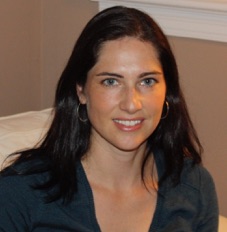
Stephanie Riegg Cellini
Associate Professor, Trachtenberg School of Public Policy and Public Administration, The George Washington University

Associate Professor, Trachtenberg School of Public Policy and Public Administration, The George Washington University
Stephanie Riegg Cellini is an associate professor of public policy and economics at George Washington University. She is also a research associate at the National Bureau of Economic Research, a nonresident senior fellow at the Brookings Institution, and an associate editor of Education Finance and Policy. Her research interests include education policy, labor economics, and public finance. Recent papers focus on the labor market returns to a for-profit college education and the responses of for-profit postsecondary institutions to changes in federal and state financial aid programs. Her work has been published in the Quarterly Journal of Economics, the Journal of Policy Analysis and Management, and the American Economic Journal: Policy, among others. She received an M.A. and Ph.D. in economics from the University of California, Los Angeles and a B.A. in public policy from Stanford University.
We draw on new administrative data from the U.S. Department of Education and the Internal Revenue Service to assess the earnings gains of students who enroll in certificate programs in for-profit colleges. We implement a difference-in-differences identification strategy that compares the pre- and post-enrollment earnings and employment of students who attend for-profit colleges, relative to students who attend similar programs in public community colleges. Our findings suggest that students in for-profit programs experience lower earnings gains and employment outcomes than students in the public sector. These results hold even after accounting for differences in programs of study and the demographic composition of students across sectors. However, we find evidence of substantial heterogeneity in returns across fields of study, with a few fields generating large positive returns for students.